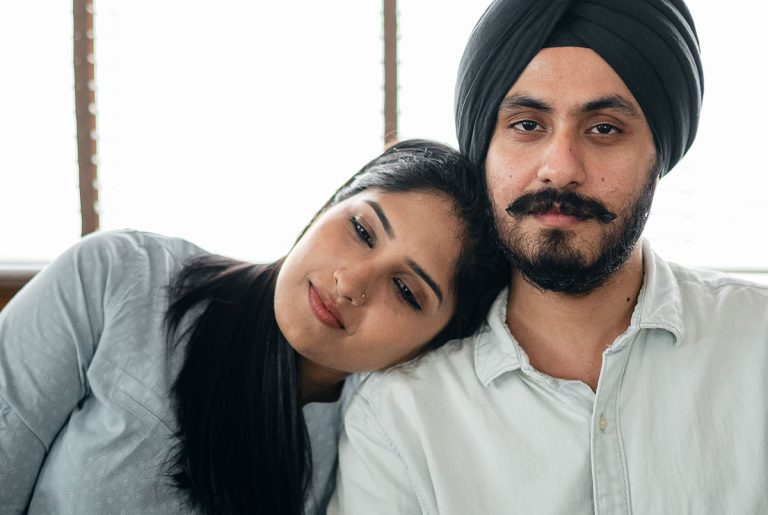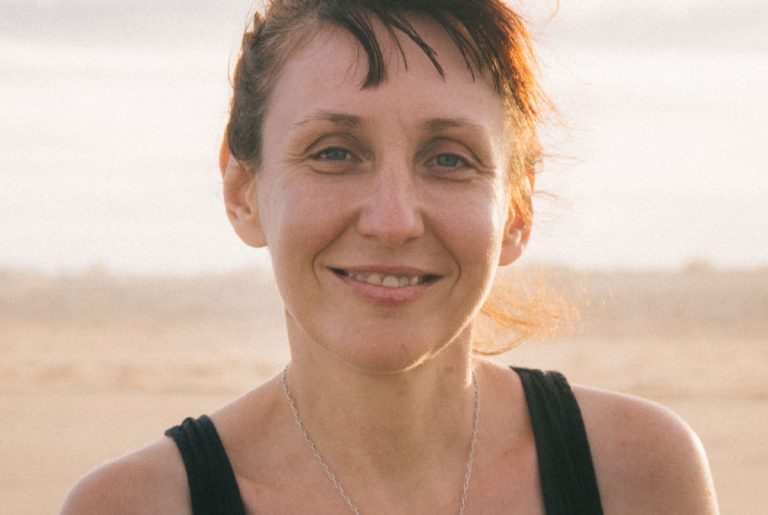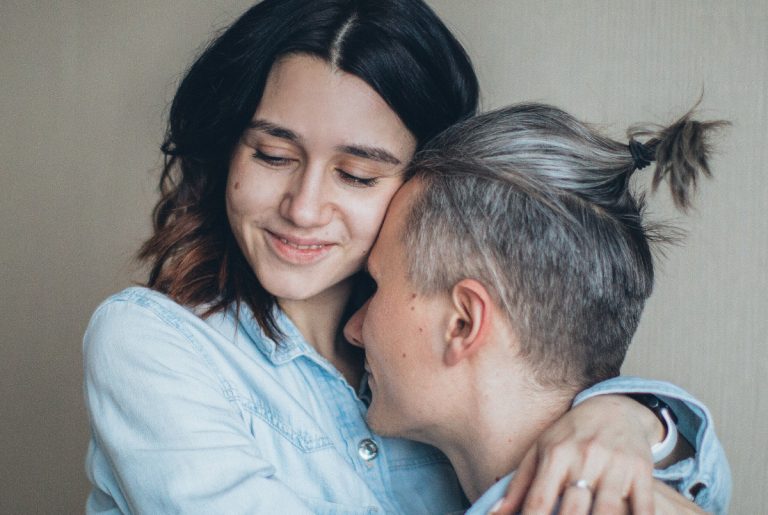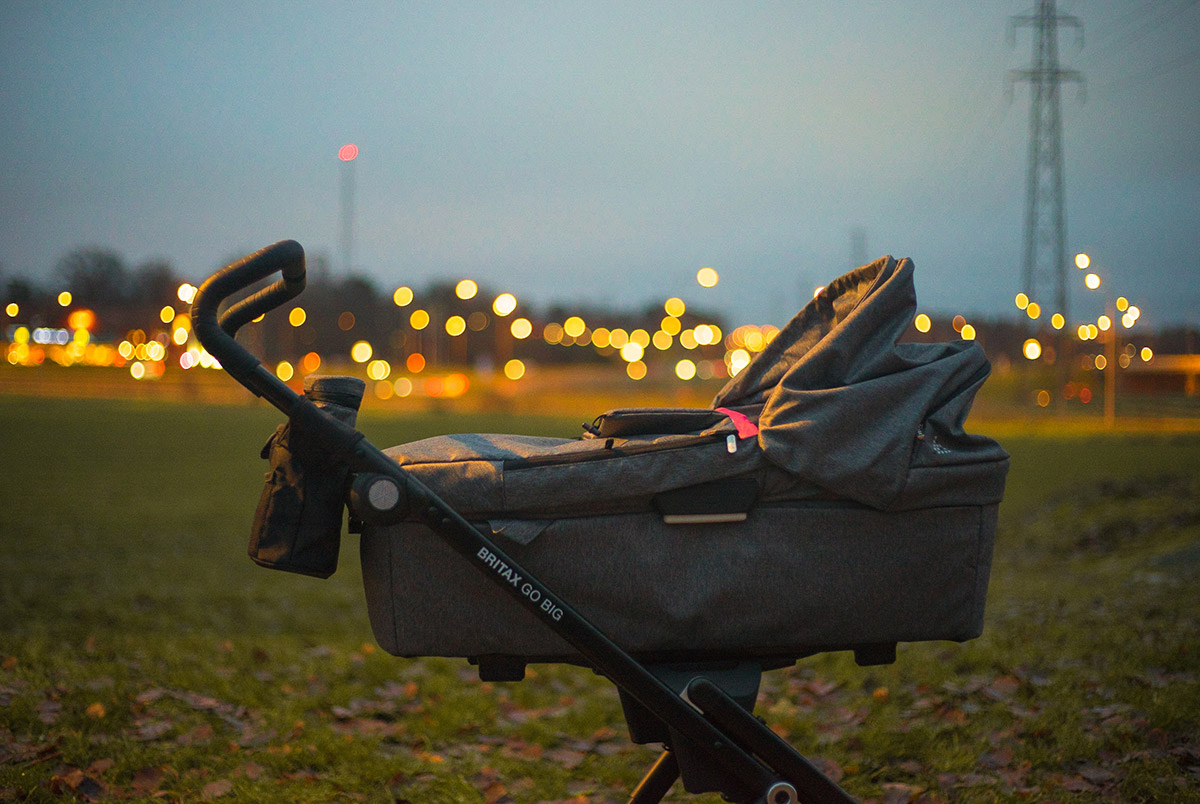Deciding to bring children into a relationship, and the world, is the biggest decision two people can make together. Discussions surrounding children can be difficult at the best of times, but with shifting timelines, study, career and life commitments, you might find that you and your partner aren’t quite on the same page. But what happens when you fundamentally disagree about having children – with one person wanting them and the other not? Can a relationship survive this challenge when the stakes are so high?
Children are often seen as the logical next step in any committed relationship. But like any stereotype, it’s fair to say you can feel like a bit of an outlier if you don’t want them. Women who don’t want children can feel especially judged, as it goes against their prescribed role of caregiver and nurturer.
The days of falling into line with procreation as the ultimate life goal have passed. According to the Australian Institute of Health and Welfare, the birth rate as of 2020 was 56 births per 1,000 women, declining year on year since 2010, when the birth rate was 64 births per 1,000 women.
Additionally, people are having children later if at all, as time spent building a career, studying, experimenting in relationships and travelling are seen as equally fulfilling life goals as finding someone and “settling down”.
Factors that force the issue
During your twenties, there is almost no societal and biological pressure to have babies, and there is still plenty of time to decide. For women, as their mid to late thirties approach the biological imperative often drives decision-making, with a need to fall pregnant before time “runs out”. If single, women in this age bracket can often wonder if they have time to find another partner, fall in love and then try for a baby. Although men are not on the same timeline, they may have concerns about being an “old dad” and not want to leave decision-making too late.
There is also value in having children at similar times to peers, so you have support and connection during the early childhood phase. So, if friends are getting on with creating a family, this can also bring the decision to a head for couples who have been putting it off.
In a society where having children is common, not wanting them can put you on the defence – often having to repetitively explain yourself. And different life stages will bring up new challenges. For example, you might lose friends to their own families, you may have less people to go out with, you could have concerns later in life that the next generation won’t be around to support you in old age. In a society set up for procreation, these are all things you’ll need to navigate, and will be much easier to tackle if you and your partner are united in your decision.
Navigating different attitudes about having children
If one partner doesn’t want children and the other is open to it, there are very complicated challenges to be faced. Not having children could be looked upon as a considerable sacrifice, and if this isn’t resolved it can lead to significant resentment within the relationship.
If one half of the relationship agrees to go ahead with having children when they don’t want to, it can also lead to resentment, which may negatively affect any subsequent children. And while it can be assumed that once a child arrives a parent will fall in love with them and step up to the caregiving responsibilities, that’s a precarious assumption. Again, if the relationship flounders, one parent can be left literally holding the baby.
Ways to work through your disagreements about having children
If you’re on opposite sides of the coin when it comes to having kids together, it’s important to take the time to discuss the matter in detail.
Be honest
If you do want children, don’t hide it. In the early stages of a relationship, you might think you should play it down in case it puts pressure on your partner. For both of your sakes, being clear on who you are and what you want will lay the foundations for a strong relationship.
Listen carefully
If your partner is adamant that they don’t want children, take that seriously. Relationships Australia NSW CEO, Elisabeth Shaw, warns people to not assume their partner will “come around” or change their mind.
“It can make the person wanting children stay in the relationship for longer hoping for change,” she said.
“I have spoken to many people who observed their partner enjoying children and taking that as evidence they were on their way to changing their mind, only to be shocked when it wasn’t.
“I have also seen many women stay in relationships till their late 30s hoping for a change, with great ramifications.”
Talk openly
Children can become the elephant in the room, and you can both make assumptions about the other’s stance on parenting. Elisabeth encourages people to be wary of ambivalence, especially if they’re trying to protect a relationship.
“Ambivalence can actually be very stressful, and keep you both hooked into a state of limbo and impasse,” she said.
“In the early days of a relationship, the desire to get on and have things in common can mean declarations are not made, but ambivalence allows you to have a bet each way.”
Remember, positions can be up for review, so seize opportunities to say, “where are you up to on this?”
Be responsible for saying no
If this is your decision, then think about what it’s going to mean long term for the relationship and your partner. You can’t go through life trying to compensate your partner for their loss, but you do need to be mindful about it, and what it means for you as a couple. In this scenario, if you have any doubts about the relationship, it’s kinder to end the relationship than to continue.
Be responsible for accepting no
If you accept no as an answer when you are uncertain about having children, then you have to take responsibility for your decision. If you suspect it will be an emotional burden and you will see your partner as owing you for your sacrifice, things will unravel quickly.
Make alternative plans together
If you agree not to have children, you need to establish what you do want instead. Do you have other goals? What friends, childless and with children, might you need with you to support your decision?
Being in love and in a committed relationship could look like it’s going to be sufficient, but for someone who has always wanted children, it may not be the case. Openness, honesty and accountability for one’s decision are critical in negotiating a way forward. If you find that discussions surrounding children are becoming contentious or you are having difficulty reaching a decision, seeking help from a relationship counsellor may be beneficial.
Relationships Australia NSW offers individual and couples counselling to help you work through difficulties and disagreements around having children, and find ways to move forward.
Related Services & Workshops

Counselling.Couples.Mental Health.LGBTQIA+
Couples Counselling
Relationships can be tough, and sometimes we all need some extra support and guidance to help us move forward. Couples Counselling at RANSW offers a supportive environment where you can discuss concerns, overcome tensions and strengthen your partnership.

Counselling.Individuals.Older People.LGBTQIA+
Individual Counselling
Life can be full of ups and downs. While we may be able to overcome most challenges by ourselves, sometimes we need some extra support. Individual Counselling offers a supportive environment to identify and manage problems and concerns.

Online Courses.Couples.Conflict
Couple Connect
In relationships, communication is key. This online course helps you develop skills to repair, strengthen, and improve your relationship, using common scenarios and tailored activities.






